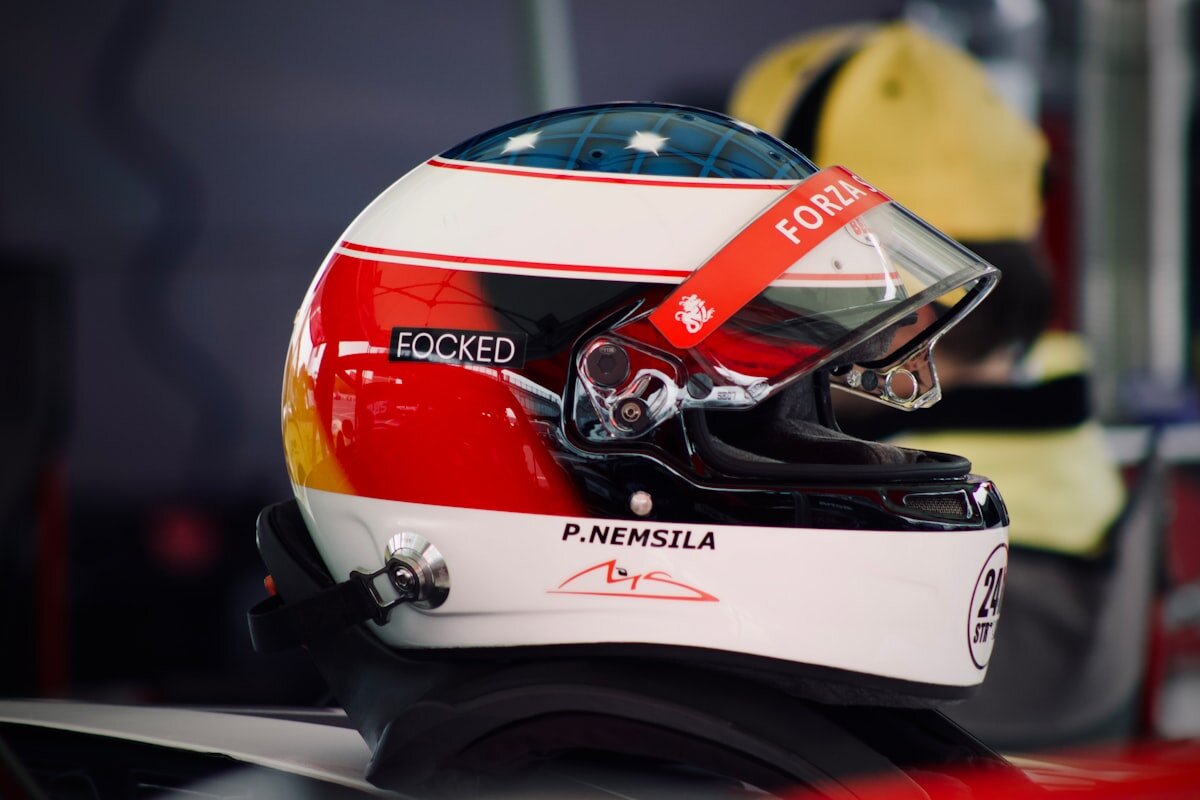
Keke Rosberg: The Privateer's Title
How Finland's first Formula 1 world champion claimed the 1982 title with just one victory, proving that consistency could triumph over speed in motorsport's most chaotic season.
The 1982 Formula 1 season was motorsport’s annus horribilis—a year that began with a drivers’ strike and ended with Finland’s first world champion. Keke Rosberg’s unlikely title triumph remains one of the sport’s greatest underdog stories, achieved not through dominant speed but through the art of survival.
When Williams signed the 33-year-old Finn for 1982, few expected championship glory. Rosberg had spent six seasons scrapping for points in uncompetitive machinery, earning a reputation as a committed professional rather than a future champion. His new Williams FW08, while competent, was hardly the class of the field.
The Chaos Unfolds
The 1982 season was unlike any other. Didier Pironi and Gilles Villeneuve’s Ferrari feuded tragically, ending with Villeneuve’s death at Zolder. Renault’s superior turbocharged engines were undermined by reliability issues. McLaren struggled with their new TAG-Porsche powerplant. Into this vacuum stepped Rosberg, racing with an almost supernatural ability to avoid trouble.
His single victory came at Switzerland’s Dijon circuit—a masterful drive in treacherous wet conditions that showcased the car control that had always been his greatest asset. While others spun or retired, Rosberg threaded his naturally-aspirated Williams through the chaos with metronomic precision.
The Mathematics of Consistency
Rosberg’s championship was built on an accumulation of minor placings rather than dominant performances. Five second places, two thirds, and that lone victory at Dijon were enough in a season where no driver scored more than 44 points. It was motorsport’s most mathematical title, won through the simple arithmetic of finishing races when others couldn’t.
The Finn’s approach was uniquely Finnish—methodical, unflappable, and utterly committed to the task at hand. Where Latin drivers might have shown more flair, Rosberg demonstrated the virtue of steady professionalism. He understood that in 1982’s lottery, consistency was the highest form of speed.
Legacy of the Privateer’s Champion
Rosberg’s title changed Formula 1’s perception of what made a champion. His success proved that raw speed meant nothing without the mental strength to capitalize on opportunities. He became the template for the modern complete driver—fast enough to win when the car was right, smart enough to score when it wasn’t.
For Finnish motorsport, Rosberg’s championship was transformational. He blazed the trail that Mika Häkkinen and later Kimi Räikkönen would follow, establishing Finland as a breeding ground for world champions. The ice-cool approach that became synonymous with Finnish drivers began with Keke’s methodical march to the 1982 title.
In an era of increasing professionalism, Rosberg represented the last of the privateer champions—a driver who earned his success through craft and commitment rather than corporate backing. His unlikely title remains a testament to the power of persistence and the rewards of keeping your head when all about you are losing theirs.
Related Stories

Niki Lauda: The Computer Who Came Back
How Austria's most analytical driver survived motorsport's most horrific accident to return and claim a third world championship. The story of racing's greatest comeback and the man who treated F1 like a business equation.

James Hunt: The Last of the Gladiators
The British playboy who embodied F1's wild 1970s before safety changed everything. Hunt's 1976 championship battle with Niki Lauda became the sport's most dramatic rivalry, defining an era when personality mattered as much as pace.

Ayrton Senna: Master of the Impossible
The Brazilian who transformed Formula 1 through raw speed and spiritual connection to racing. From Toleman's first podium to McLaren's triumphs, how Senna redefined what was possible in wet conditions and pure qualifying pace.